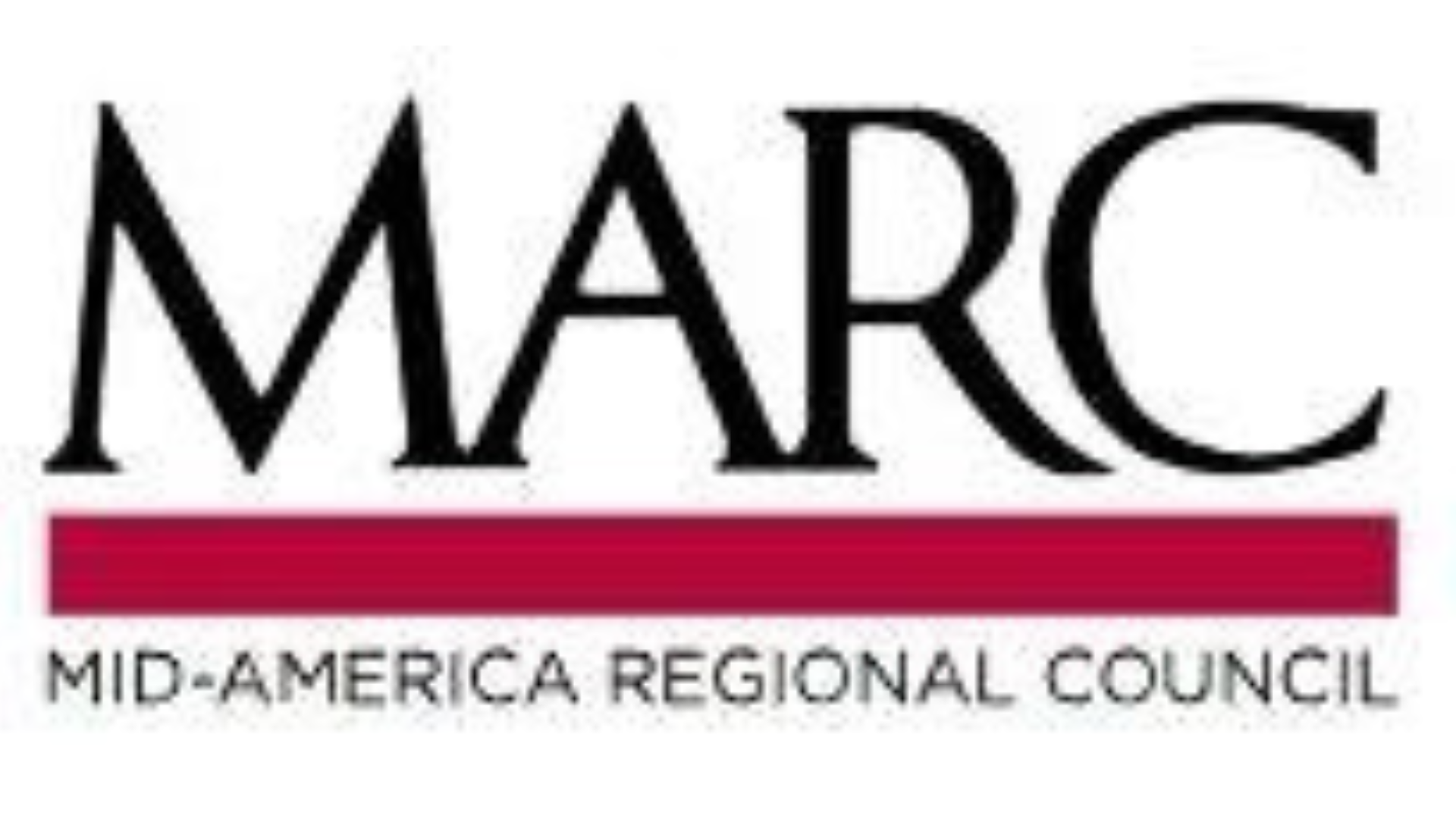Medicaid
Medicaid Options For Your Loved One
Navigating Medicaid with Compassion and Clarity
Medicaid is a joint program between the federal and state governments that assists lower income individuals with their medical expenses. In Kansas, Medicaid eligibility is limited to specific categories, including pregnant women, low-income families with children, and individuals with disabilities. Missouri, on the other hand, has broadened its Medicaid program, extending coverage to individuals earning up $41,400 annually for a family of four.
At Family Shepherd, we work with families all across the Kansas City Metro every day who are navigating Medicaid, Medicare, Veterans benefits, senior living, and more. We would be happy to guide you and connect you with a Medicaid expert that we know and trust.
Step-by-Step Guide to Applying for Medicaid in Kansas City
Gather Documentation: Collect essential documents including proof of identity, income, residency, and household composition.
Choose Application Method: Decide whether to apply online, by mail, in person, or over the phone. (Click here for Missouri and click here for Kansas)
Complete and Submit Application: Fill out the application form accurately, attach the required documents, and submit it to the Medicaid office.
Await Decision and Begin Coverage: Wait for notification about your application status, attend an interview if needed, and upon approval, start using your Medicaid benefits. Remember to renew your coverage periodically to maintain eligibility.
Ease Your Application Stress with Expert Guidance
Navigating the Medicaid application process can be a headache, from gathering required documents, trying to figure out whether or not you’re eligible, and using the online application systems.
If you feel overwhelmed, seek guidance from Medicaid representatives, use local Medicaid experts for assistance in compiling your documents.
How We Can Help
Unlock Medicaid Benefits for Long-Term Care Needs
Medicaid helps with long-term care needs by covering services like nursing home care and in-home care assistance for eligible people who require ongoing assistance with activities of daily living. It also offers coverage for services like personal care, therapy, and medical equipment needed for long-term care.
Medicaid may provide financial assistance for long-term care costs, helping individuals afford the care they need without depleting their savings. However, some assisted living communities do not accept Medicaid. Reach out to a Medicaid rep or expert to assist and guide you through the process.
FAQs
Have a question? We’re here to help.

























